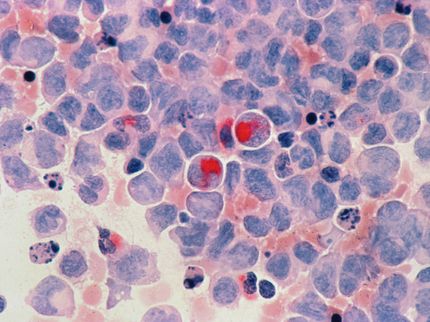Acacia Pharma starts Phase II clinical trial with APD515 for Xerostomia
Advertisement
Acacia Pharma announced it has initiated a Phase II clinical study of APD515, an optimised oromucosal formulation of a currently marketed drug for the new use of treatment of xerostomia (dry mouth) in advanced cancer patients. Xerostomia usually results from reduced salivary flow or altered salivary composition and is common in advanced cancer patients, in the elderly, in people taking a wide range of common medications and in certain conditions such as Sjögren’s syndrome.
The randomised, double-blind, placebo-controlled trial will take place in seven centres in the UK and Denmark, enrolling 30 patients with advanced cancer and a persistently dry mouth. Patients will take either APD515 or placebo during the first week, followed by a washout week, and then the reverse of what they received in week one during the third week. Patients will grade their symptoms before and after treatment and their salivary flow will be measured. Results of the trial are expected during the fourth quarter of 2011.
APD515 is a proven salivary stimulant, which has been specifically developed by Acacia Pharma to be delivered locally to the salivary glands in the mouth, minimising absorption into the general circulation. This greatly reduces the potential for side effects, giving APD515 a major advantage over currently approved salivary stimulants, which have to be taken as tablets.
Initially, Acacia Pharma intends to develop APD515 in advanced cancer patients, up to 80% of whom suffer from some degree of xerostomia, either as a direct result of their disease or as a consequence of their chemotherapy or other medicines they are taking. APD515 may then be developed in other patient populations once clinical proof of concept has been obtained within the advanced cancer population.
Dr Julian Gilbert, Acacia Pharma’s CEO commented, “Acacia Pharma is delighted to have initiated this Phase II study on APD515, our innovative local salivary stimulant for dry mouth in advanced cancer patients. Dry mouth is a common and distressing issue within this patient group and is significantly under-recognised. It is associated with a wide range of oral and systemic complications and can contribute to a significantly reduced quality of life. Our market research indicates that a locally delivered, liquid formulation of a suitable salivary stimulant would be of major benefit to many cancer sufferers.”


























































